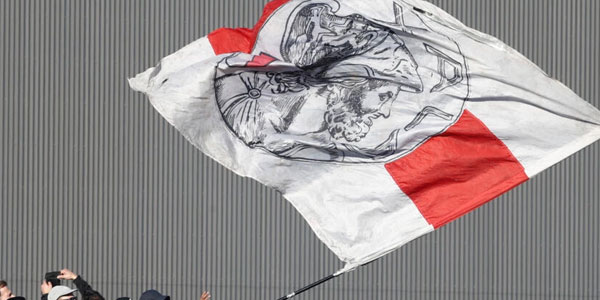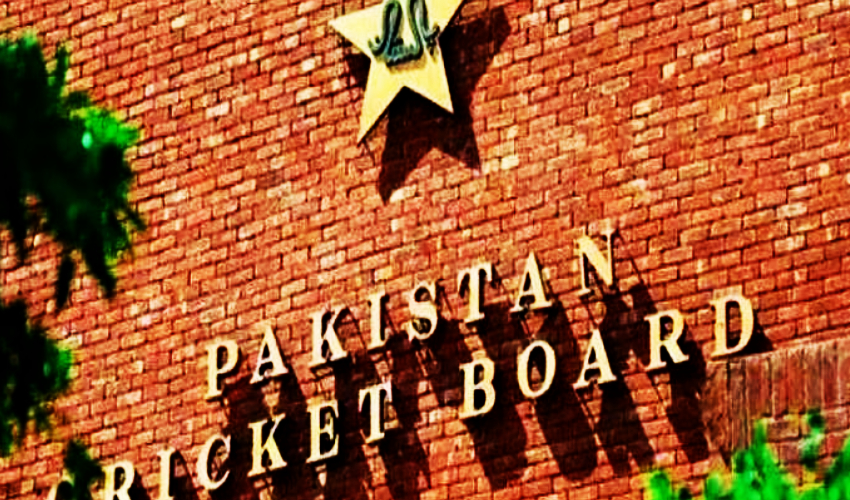Once a dominant force in European football, Ajax finds itself engulfed in one of its most profound crises in its illustrious 123-year history.
The club currently languishes in 14th place in the league, has dismissed top officials, and has witnessed fans erupting in chaos.
A headline on the supporters' association website exclaimed, "The club is in flames," and it characterised the cancellation of Sunday's 'Klassieker' against arch-rivals Feyenoord as "a low point in the crisis."
During an abysmal first-half performance that saw Ajax concede three goals, some of the club's hardcore fans resorted to throwing flares onto the pitch, forcing the match's abandonment. Ugly scenes unfolded in Amsterdam, with fans clashing with mounted riot police, who deployed tear gas to control the situation.
This unfortunate episode marks a sombre chapter in a storied history that Dutch football has seldom witnessed. Ajax, with a remarkable 36 Dutch titles and four European championships, will forever be associated with Johan Cruyff, whose name graces the stadium that bore the brunt of fans' frustration on Sunday.
To find a comparably dismal start to the season, one must trace back to 1964/65, when Cruyff had just joined Ajax's youth team. Presently, Ajax finds itself in 14th place in the Eredivisie, a staggering 10 points behind table-topping PSV Eindhoven. The unbeaten status of Feyenoord this season adds to Ajax's woes.
Criticism has been scathing, with Amsterdam newspaper Het Parool labelling Ajax's tactics as "laughable" and condemning the defensive errors against Feyenoord as "stuff you don't even see in the local leagues on Sunday mornings." Particularly embarrassing was Feyenoord's third goal, where a defensive mix-up allowed Santiago Gimenez to traverse the entire length of the field unopposed before assisting Igor Paixao.
The NRC daily aptly noted that the match "symbolised the existential crisis in which Ajax find themselves."
In their recent Europa League opener against Marseille, Ajax managed a draw, but their group, which also includes high-flying Premier League outfit Brighton, poses a formidable challenge.
The upheaval off the field compounds the crisis, as Ajax abruptly parted ways with director of football Sven Mislintat "with immediate effect." The supporters' club expressed concern over the unrest within the club, both on and off the pitch, while the official reason cited for Mislintat's departure was "the lack of broad support within the organisation."
Reports suggest a power struggle at the club's highest echelons, with Mislintat confronting players before the Feyenoord match, asserting that it was "D-Day" and that coach Maurice Steijn could face dismissal if Ajax lost the Klassieker. Ultimately, it was Mislintat himself who faced the axe, intensifying the pressure on Steijn to reverse the club's fortunes.
Interim CEO Jan van Halst acknowledged Ajax's deep crisis, describing the period as exceptionally challenging. Amidst speculation about Steijn's potential replacement, Ajax legend Louis van Gaal ruled himself out, citing health concerns.
As chaos reigns on and off the pitch, Dutch football pundit Jaap Stalenburg opined, "It's chaos, complete chaos." He suggested that Ajax requires a strong, authoritative figure to restore order, stating, "They need a dictator—a strong leader—to come and sort things out."



























